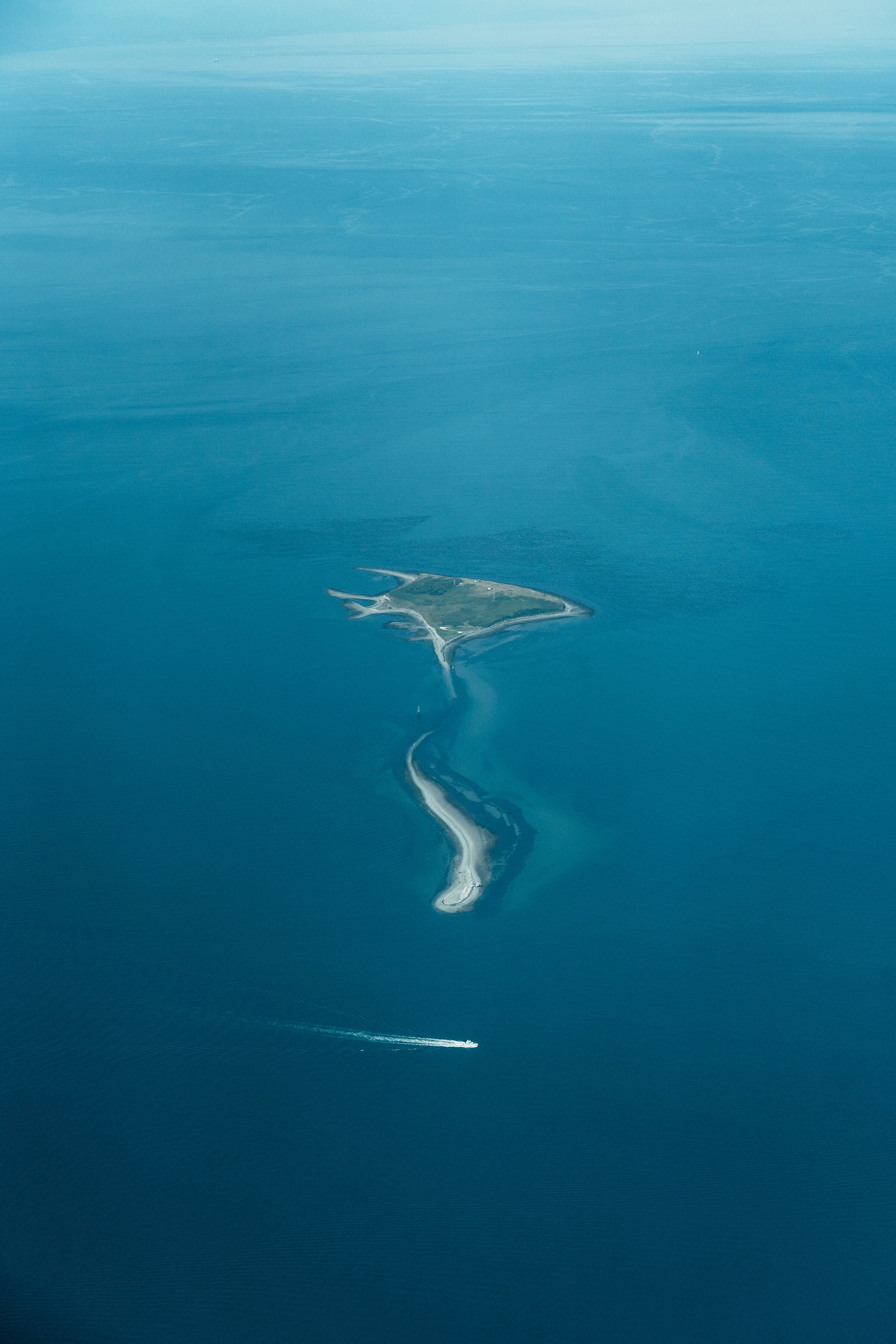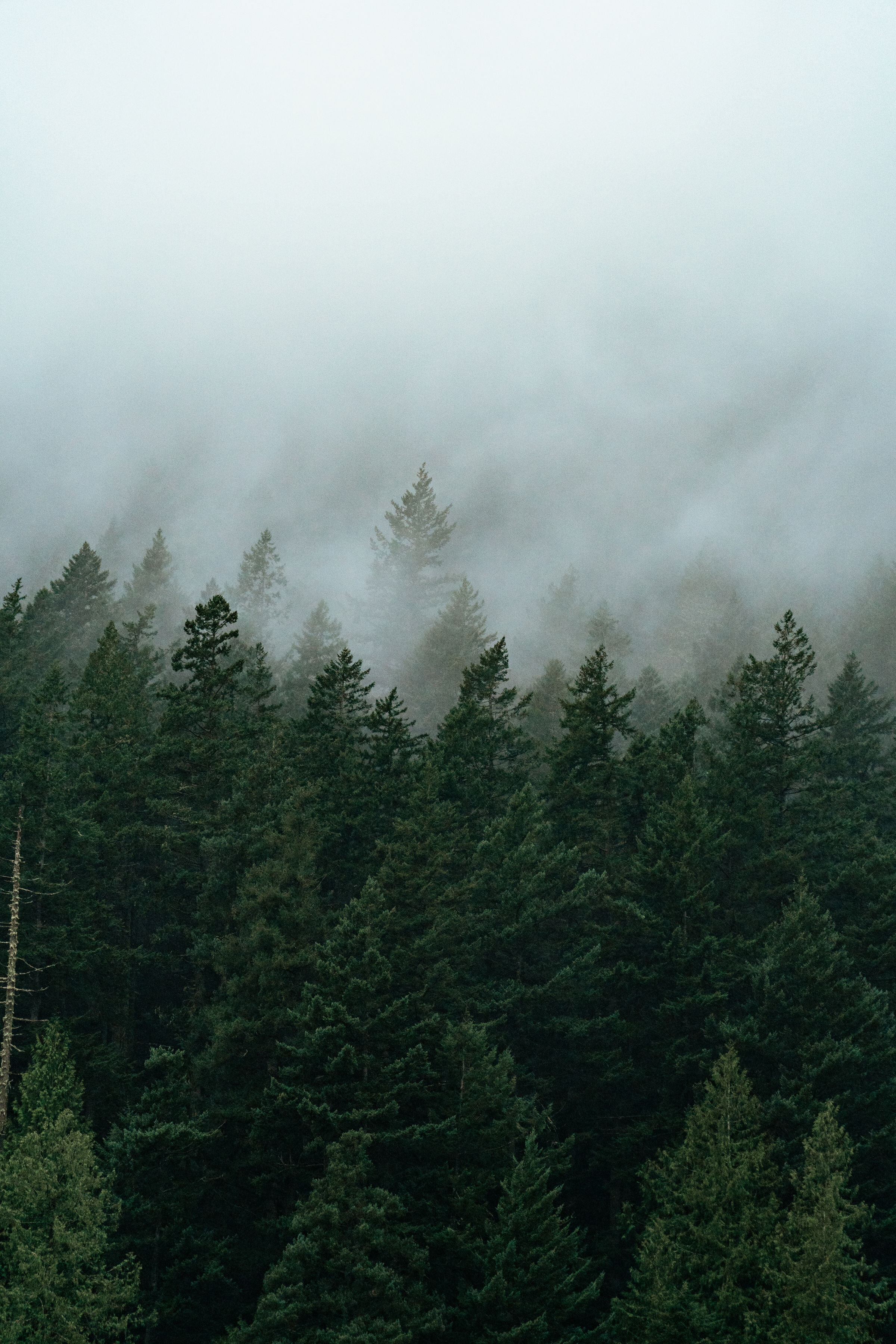My Love-Hate Relationship with Drones
Drone Operator
Drone videography has taken off in the past few years. When drones first came on the filmmaking scene, it was revolutionary. These small new pieces of technology enabled smaller budget projects to achieve a cinematic look that could previously only be achieved with a helicopter. To put it simply, it really changed the game.
Studying for my commercial drone license
In 2018, I began to notice more drones were becoming available at the consumer level and there was a high need for drone operators throughout the filmmaking industry. So, I figured it would be a good idea to study and get my Part 107 sUAS drone certification which would allow me to charge clients for my drone work. I had never flown a drone before taking the exam so was solely relying on what I had studied in textbooks to pass the exam. The exam is through the FAA (Federal aviation administration) and is incredibly challenging. It’s basically an entry-level pilot exam without some of the nuances of what’s needed to fly a plane. You still need to be familiar with all the different airspaces, how to read aeronautical charts and know and a ton of information surrounding cloud formation and basic atmospheric science. Thankfully, I pass and was able to start charging clients for drone work specifically. In 2018, drone technology isn’t quite where it was today but it was still pretty impressive!
My Background in Drone Filmmaking
My first drone, the DJI Mavic Air, was small enough to fit in a backpack and fly for about 20 minutes in the mountains of Colorado while shooting in 4K which was enough for most of the projects I was working on. Given that most of my work when I was started out consisted of small promotional videos for outdoor companies, I often found myself in pretty adventurous locations so having something portable with decent image quality was perfect for my needs. When I wanted to get hired for larger scale projects, either on set or directly through my name as the producer/director/editor, I could rent a bigger drone with slightly better image quality. However, like I said, I was mostly just working as a run and gun filmmaker directly with clients so being able to add drone footage into the videos I was making for them (and charging them for it) was a pretty huge selling point for me.
Let’s dig into my love-hate relationship with my role as a drone operator…
So, over the past four years of drone operating I’ve come to discover there are some things I do still love about it but there are other elements that make me less excited to pull out the drone at the end of the day and get those shots.
THE PROS
Drone footage looks incredible
This is obviously a really big selling point to drones and the main reason why I continue to do work as a drone operator. Having a drone shot in your film instantly elevates the production quality so I’m always happy to bring that to the projects I work on. It doesn’t matter if you are using a drone clip as an establishing shot or as an epic action shot, the results are still pretty awe inspiring. I find that the drone footage I enjoy the most is those quick tracking shots that follow a fast moving athlete down a mountain or along the wave since it produces a look that is unrivaled in any other aspect of filmmaking. You can get shots you couldn’t get any other way which unlocks a lot of amazing potential for storytelling.
I get hired as drone operator on set of larger productions
In the past couple of years I’ve seen this really start to take off as an element to my business because my name is out there in the Boulder cinematographer community and Colorado filmmaking industry. When my peers know I can also legally fly a drone commercially it often saves producers having to find two separate individuals for those roles.
I’ve also discovered that working as a drone operator on set, you’re pretty constrained to only flying when it’s time to get that shot so I find that my work as both a drone operator and cinematographer or AC is a nice way to pair the two roles. So the fact that I can work as an assistant camera or cinematographer throughout the day then jump onto the drone whenever the time comes as seem to elevate my value on set. It seems to just make things easy for everybody when the camera operator is operating all types of cameras all day, the one on the ground and the one in the sky.
Following the development of drone technology has been fascinating
Working as a drone pilot for the past four years has been really exciting on the technology front. When I first started I was impressed that I could fly a camera in the sky that shoots 4K and is smaller than a water bottle and for only $1,000.
Now, companies are making drones that fly themselves, are able to track moving subjects and sense if it’s going to hit into anything while you’re filming. You have drones that can be operated by two people, one person responsible for flying a drone while the other person responsible for moving the camera. I can’t even fathom what the upper end drones are capable of. You can go bigger and bigger and the technology is insanely impressive but what I’m most excited are the drones in that $2,000 to $3,000 range because they’re able to bring some pretty amazing features into something that still fits in your backpack. The batteries last longer, the color accuracy improves every new model and the range that the drones can fly seems limitless at this point.
THE CONS
Flying drones is a really stressful experience
Nobody seems to talk about this much but having a piece of technology with dangerous spinning blades flying at 47mph just inches away from trees or professional athletes is really stressful. Plus, with the drone costing around $3000, it’s a little nerve-wracking to fly close to objects that may result in you crashing it and destroying it. I’ve had three major drone crashes (thankfully have only totaled only one drone from a crash) but every time you crash you lose anywhere from $1,000 to $3,000. So when you’re on set and five people are looking over your shoulder as you fly and they keep telling you to fly closer - the nerves start to set in. Unless I’m drone operating in a wide-open field I’m always a little bit on edge whenever the drone is in an air. I find that when the drone is back on the ground my whole body relaxes again - without even realizing that I was tense in the first place.
Drones are loud and draw a lot of attention
I specialize in documentary films. Sure, I’ll do commercials every so often but most of my life revolves around filming real people in real places. So, when you take a large buzzing drone into the sky it tends to draw a crowd. I always try to be discreet and respectful of other people around me when I’m filming documentaries so it always feels a little embarrassing to drive the attention to ourselves when I have to fly the drone. This feeling gets amplified when you start to impact people that are recreating in the outdoors, such as climbers, surfers, snowboarders, hikers or trail runners. These groups of people typically adventure into the outdoors for their specific activity so flying a loud drone above their heads really can upset some people and takes away from their experience. I know when I’m surfing and there’s a drone wizzing just feet from my head I get a little bummed. When I’m filming, I’m really not out there to upset anybody so whenever this happens I get really uncomfortable.
Expectations are often unrealistic
I’ll admit it - I’m not the best drone pilot. Don’t get me wrong, I’m a professional drone operator and feel very confident in my abilities but there’s some pretty wild drone pilots now who are really pushing the limits. Now that FPV drones are becoming a standard in the industry, I feel like I’m getting a little left in the dust because I can’t fly a drone 100 mph through the windows of a car. These individuals that out there doing some incredible work are the ones going viral on the internet and just because somebody saw one of these wild videos with a drone doesn’t mean that all drone professionals are capable of that. There’s only a handful of people in the world that can fly drones at such an incredible level but the expectation is that all drone pilots should be able to do that. It’s almost like asking a any professional rock climber why they can’t free solo El Cap like Alex Honnold. Okay - well maybe not that intense but still you get my point.
Alright, I’ll keep flying drones :)
*I don’t have a photo of me cheesing with a drone so this will have to do :)
So, to conclude, I have quite a love-hate relationship with drone operating.
Yes, it produces some amazing results when flown in the right conditions and it’s produces some amazing opportunities. Some great connections I’ve formed resulted in me getting hired on bigger budget commercials but there’s a lot of stress, anxiety and money on the table when pursuing this path. Whenever I launch the drone, my palms are sweaty, knees weak and arms are heavy but at the end of the day it’s about making a great film so I guess it’s a discomfort that’s worth pushing through every once in a while. Still, I also need to check my privilege a little bit because while it may not my favorite aspect of filmmaking… it is still pretty sweet play with drones for a living.
Let’s Connect!!
Roo is a Colorado drone operator but travels all around the world for his filmmaking career. He has produced films for Outside Magazine in Ireland, camera operated for Netflix in the Rocky Mountain West, photographed among indigenous communities in Peru and Ecuador, directed videos with professional climbers in Mexico and has received notable recognition in his hometown of Orcas Island in Washington State for his work telling uplifting stories in the outdoor space.
If you have questions or want to talk more about my life as a Boulder drone operator or adventure filmmaker please reach out! I always love connecting with new people and talking through how I can help them achieve their dreams in telling stories of impact.










